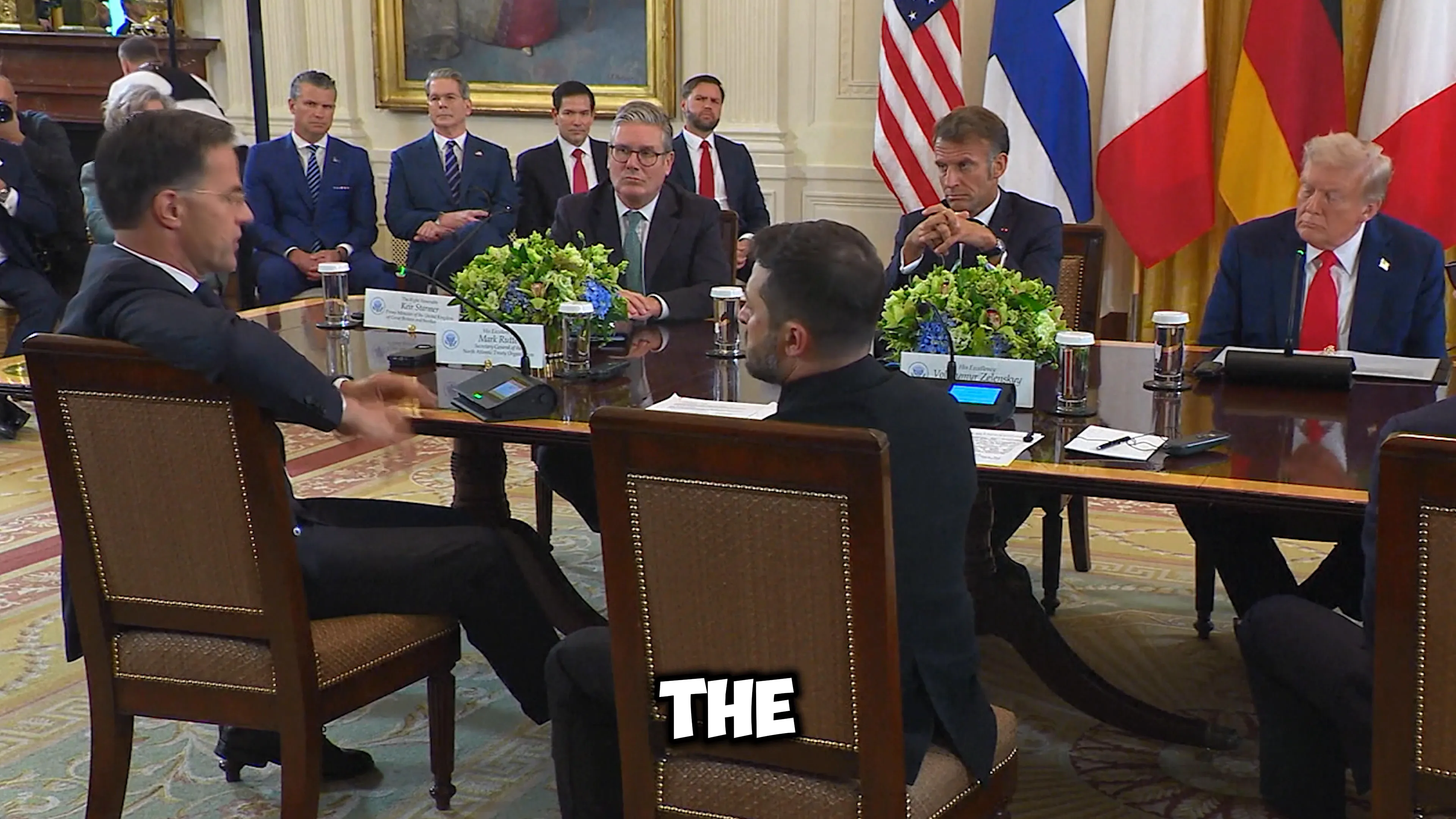Prime Minister Viktor Orbán and former U.S. President Donald Trump set out plainly and directly why national sovereignty matters and how Hungary defends it at a time when Brussels increasingly behaves like a central authority rather than a service center for member states.
Orbán explains why Brussels must serve sovereign nations, why Hungary refuses to be forced into social experiments, how his government acted to protect the Hungarian people, and why strong leadership is essential for peace. Trump reinforces these points with his own message on sovereignty, borders, and tradition.
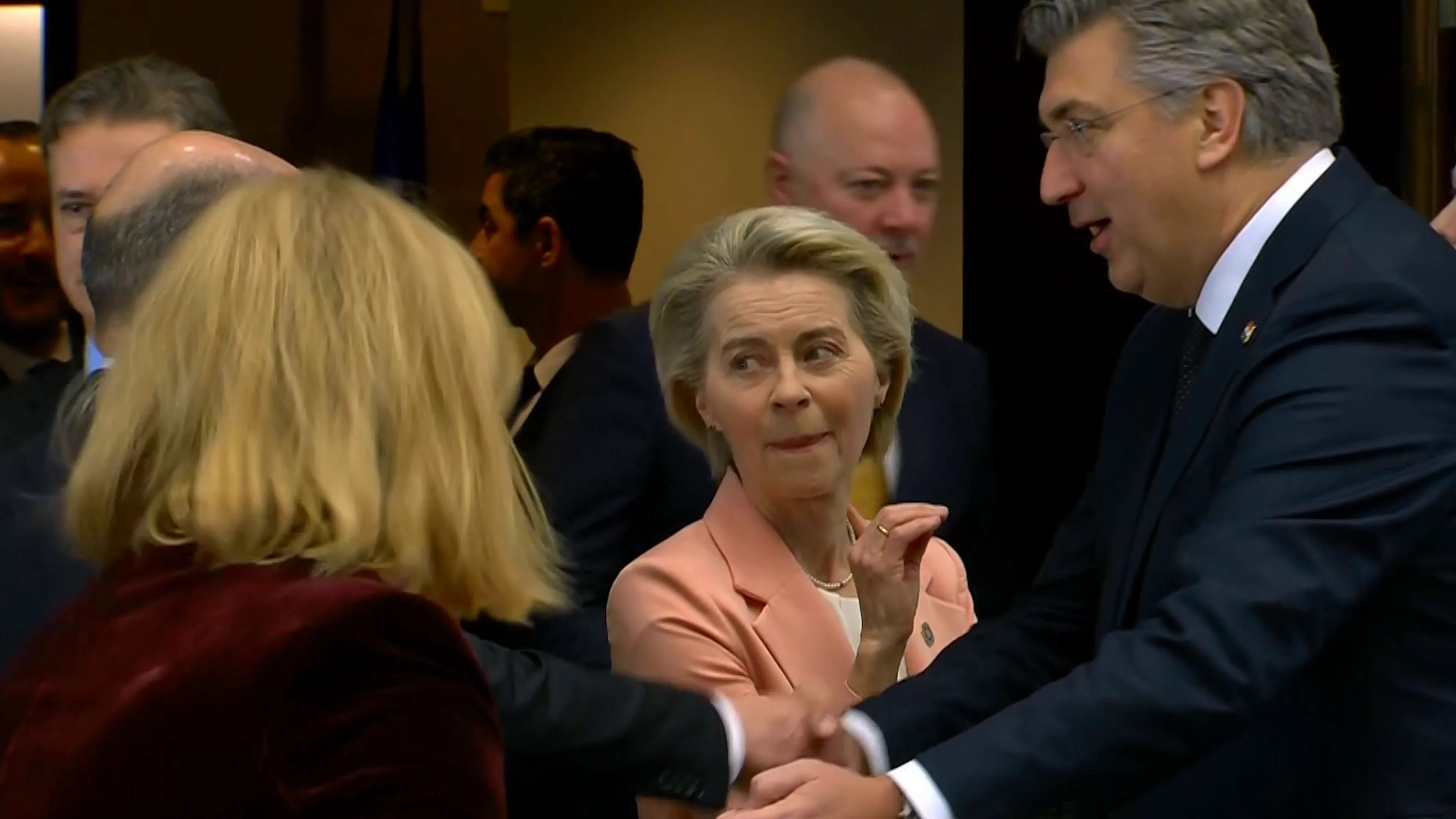
Defining the European Union and the Role of Brussels
The European Union exists because sovereign member states choose to cooperate. Brussels should be a service center for those states, not their master. I have said this plainly: the EU is about the member states — the sovereign member states — and the institutions in Brussels are employees of those nations, not their bosses.
That is why it is unacceptable when leaders in Brussels act as if they can dictate domestic policy to Hungary. I mentioned Ursula von der Leyen to illustrate this point: she is a bureaucrat paid by our citizens, and it cannot be that someone in Brussels behaves like the boss of Hungary. We are a sovereign nation and must be treated as such.
The Push for a ‘United States of Europe’ and Our Opposition
Fifteen years ago, the centralizing push from Brussels was less intense. Today, many in Brussels openly pursue a vision of a United States of Europe — a European empire governed by centralized bureaucracy. Some countries welcome this; we do not.
We identify as sovereignists and freedom fighters. Our loyalty is to the Hungarian people. We will not willingly hand over fundamental decisions about our society, culture, and borders to a distant bureaucracy. Hungary chooses to remain an independent nation with the right to decide its own future.
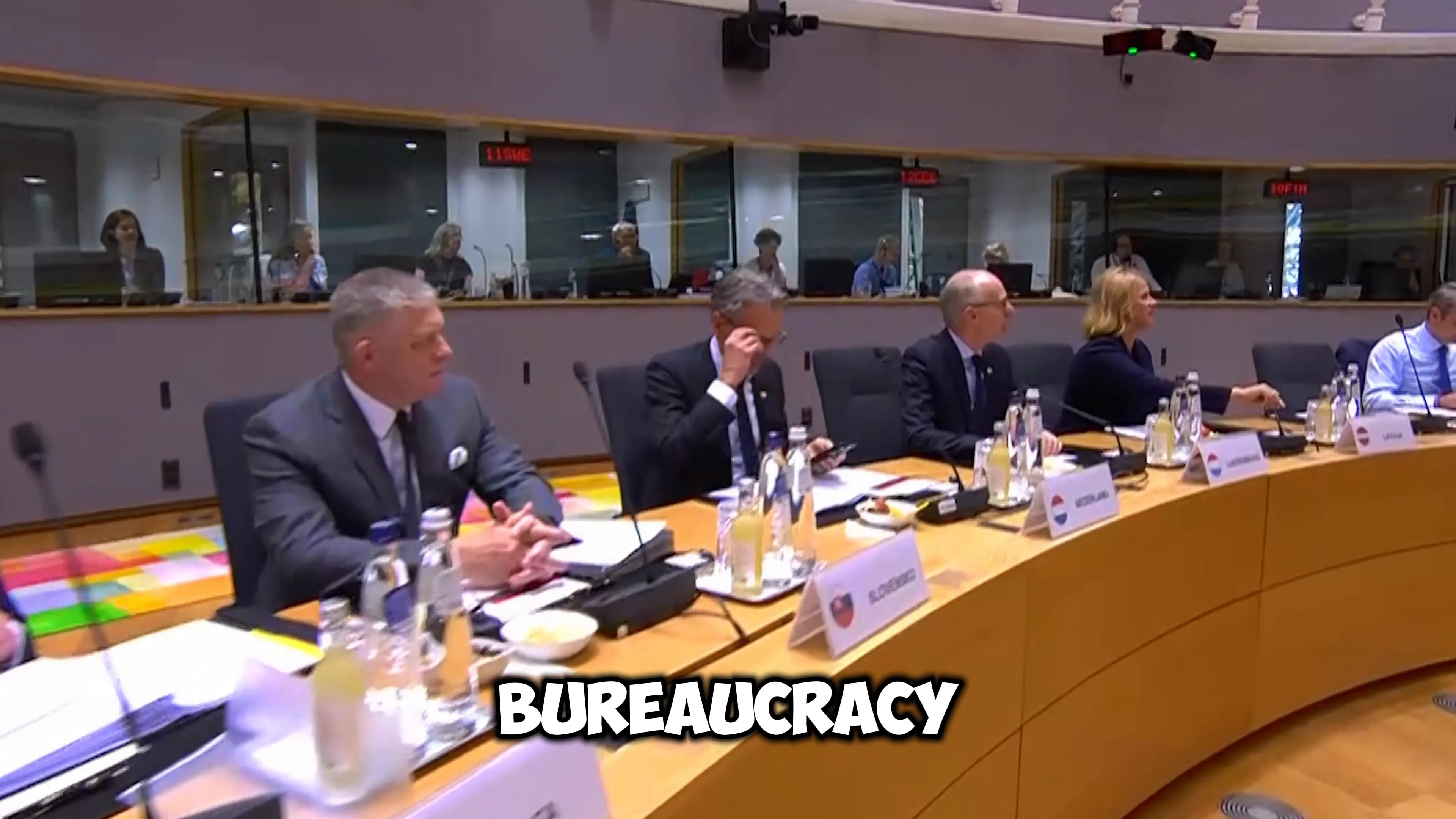
Balancing Relations: Friends, Not Blocs
Foreign policy should preserve room for maneuver. Hungary seeks friends among all major powers rather than joining a single block. We maintained constructive relations with leaders across the world — the United States, China, Russia — because our national interest is to collect friends and keep options open.
This approach may look “wishy-washy” to outsiders, but for Hungarians it is straightforward: protecting Hungary’s ability to act independently serves our people best. I serve those interests and refuse to place Hungary under the exclusive influence of any single geopolitical bloc.
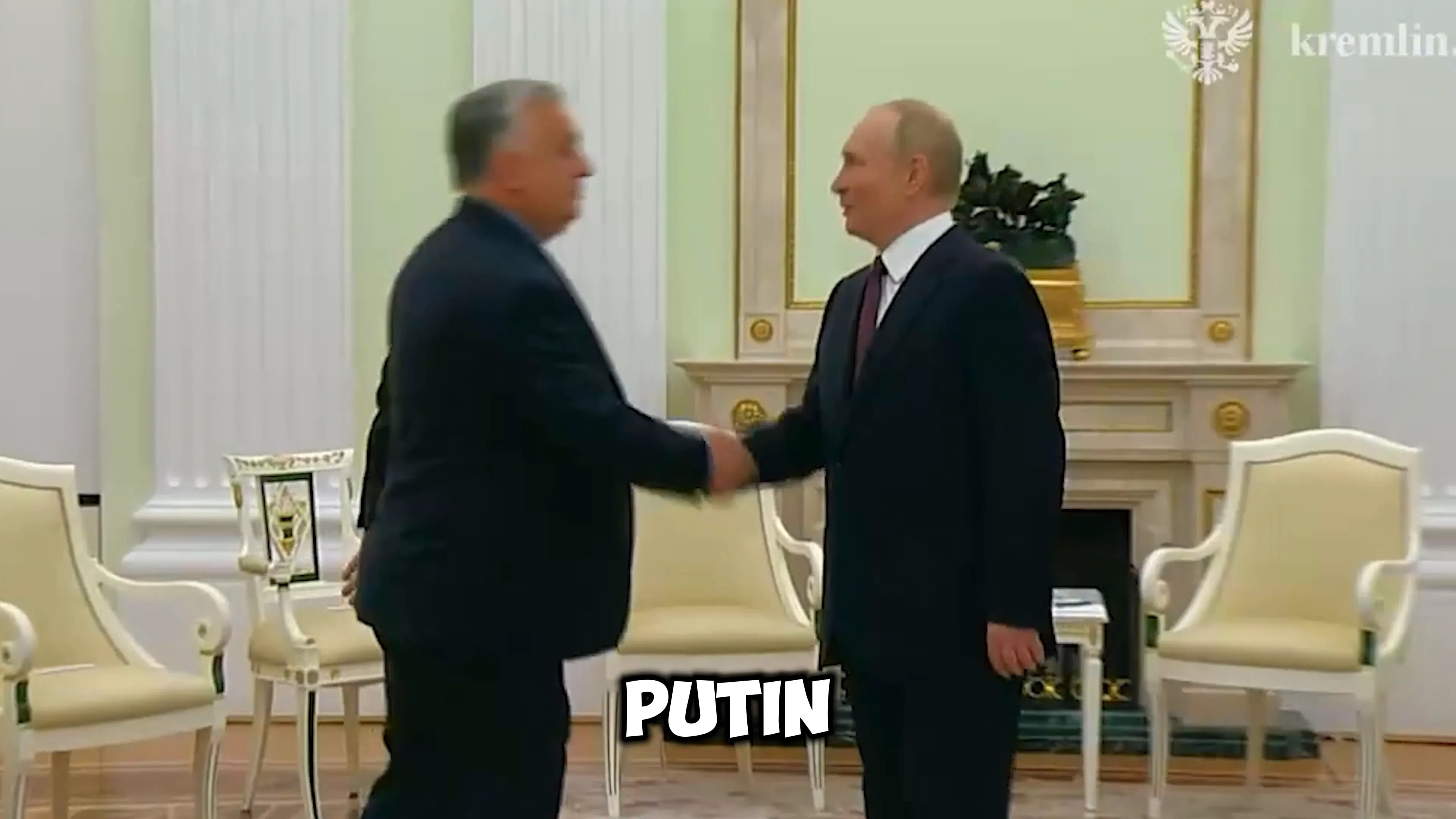
Who Decides Who Enters Hungary? Migration and Sovereignty
One of the clearest examples of sovereignty under attack is migration policy. How can someone in Brussels decide who Hungary must accept as residents? Who determines the composition of our population? The answer must be Hungary — otherwise we are not free.
Because we refused to follow externally-imposed migration policies, Brussels imposed penalties on us — a fine I have described as a form of tyranny. Yet our policy is simple and effective: the number of migrants in Hungary is zero, and nobody crosses our border without Hungarian permission. We defend our borders, our sovereignty, and the security of our citizens.
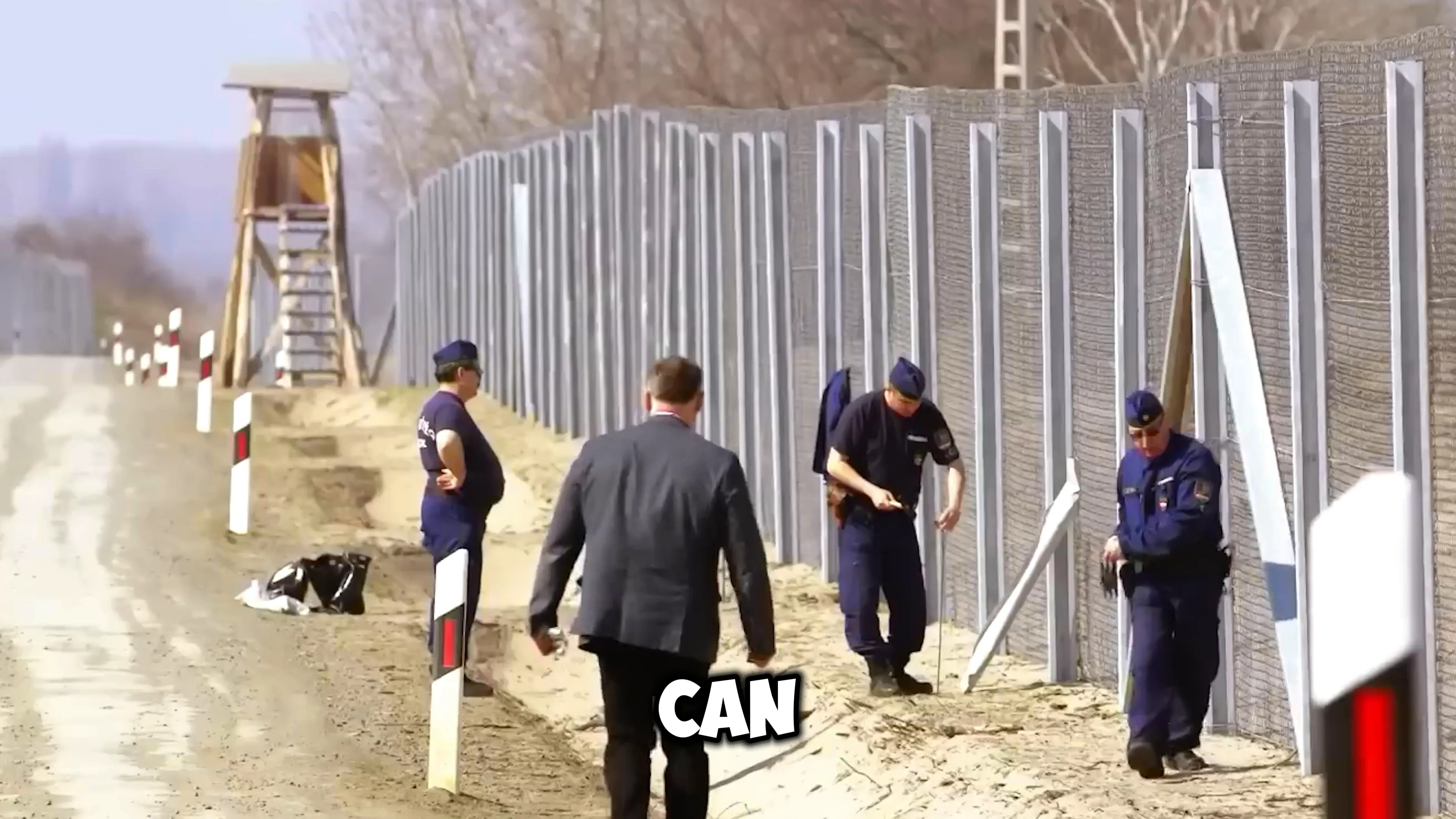
The Cost and Consequences of Migration Policies in Western Europe
Many Western European countries once enjoyed safe, prosperous, high-cultural lives. Yet their leaders allowed radical demographic and cultural changes. Today, those societies face higher street danger, the real threat of terrorism, heavy economic burdens related to migration, and shifting ethnic and cultural compositions.
I asked leaders who champion “mixed societies” for evidence that mixing Christian and Muslim communities inevitably produces a better, more liberal outcome. The honest answer I received was: no evidence, only belief. Turning entire nations into social experiments without proof is reckless and risks the fabric of society.
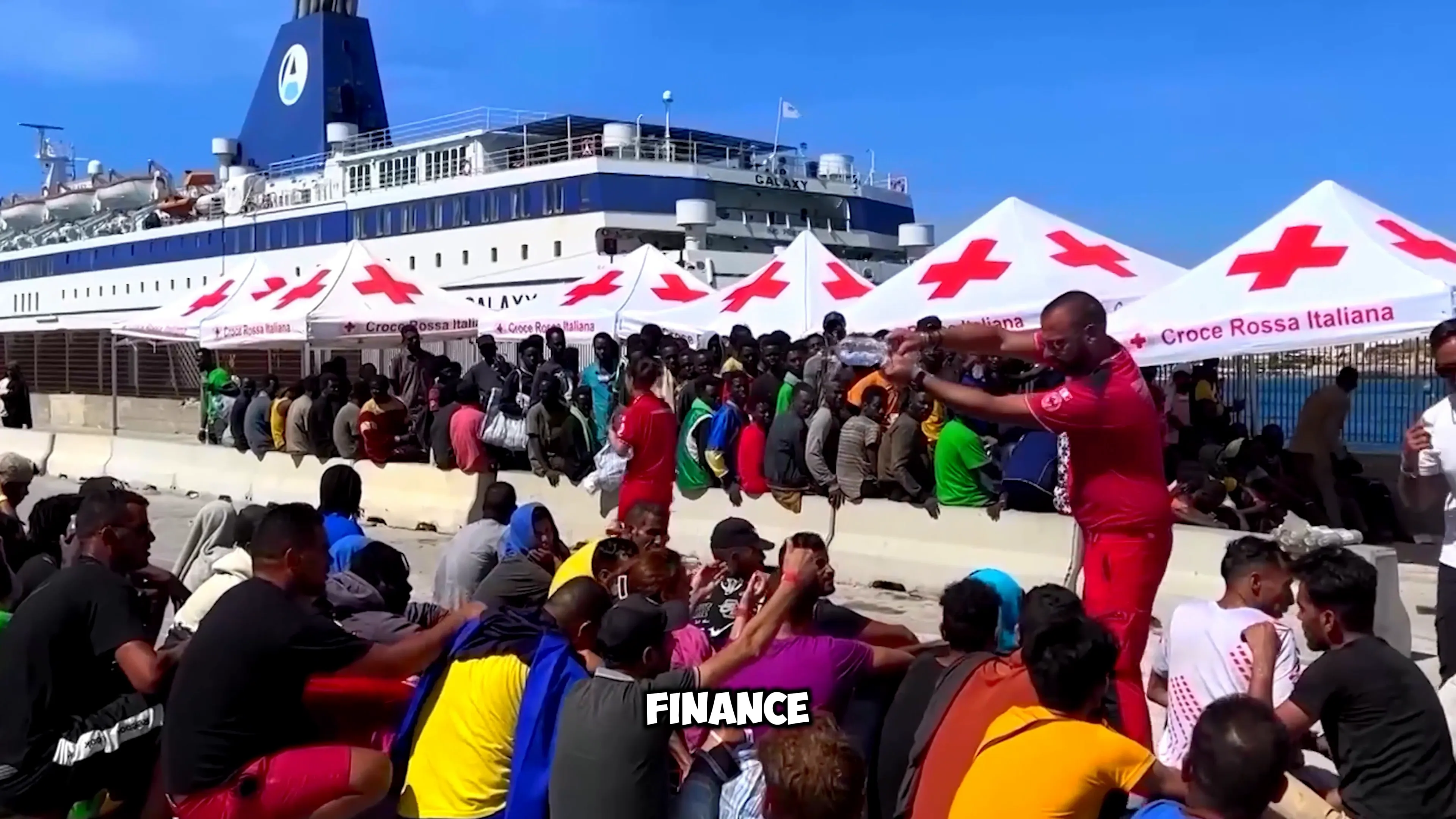
How We Acted: Fences, Referendum, and the People’s Will
When the migration crisis reached Hungary, we acted decisively. We stopped the migrant flows at our borders and, when no physical border existed, we erected one. But defending the country in Brussels required a different tactic: I asked the people directly.
We organized a referendum so Hungarians themselves could decide our migration policy. Hungary became the only European country where the people directly answered this question. Representing the real will of the people is a source of pride — it is the democratic foundation of our stance.
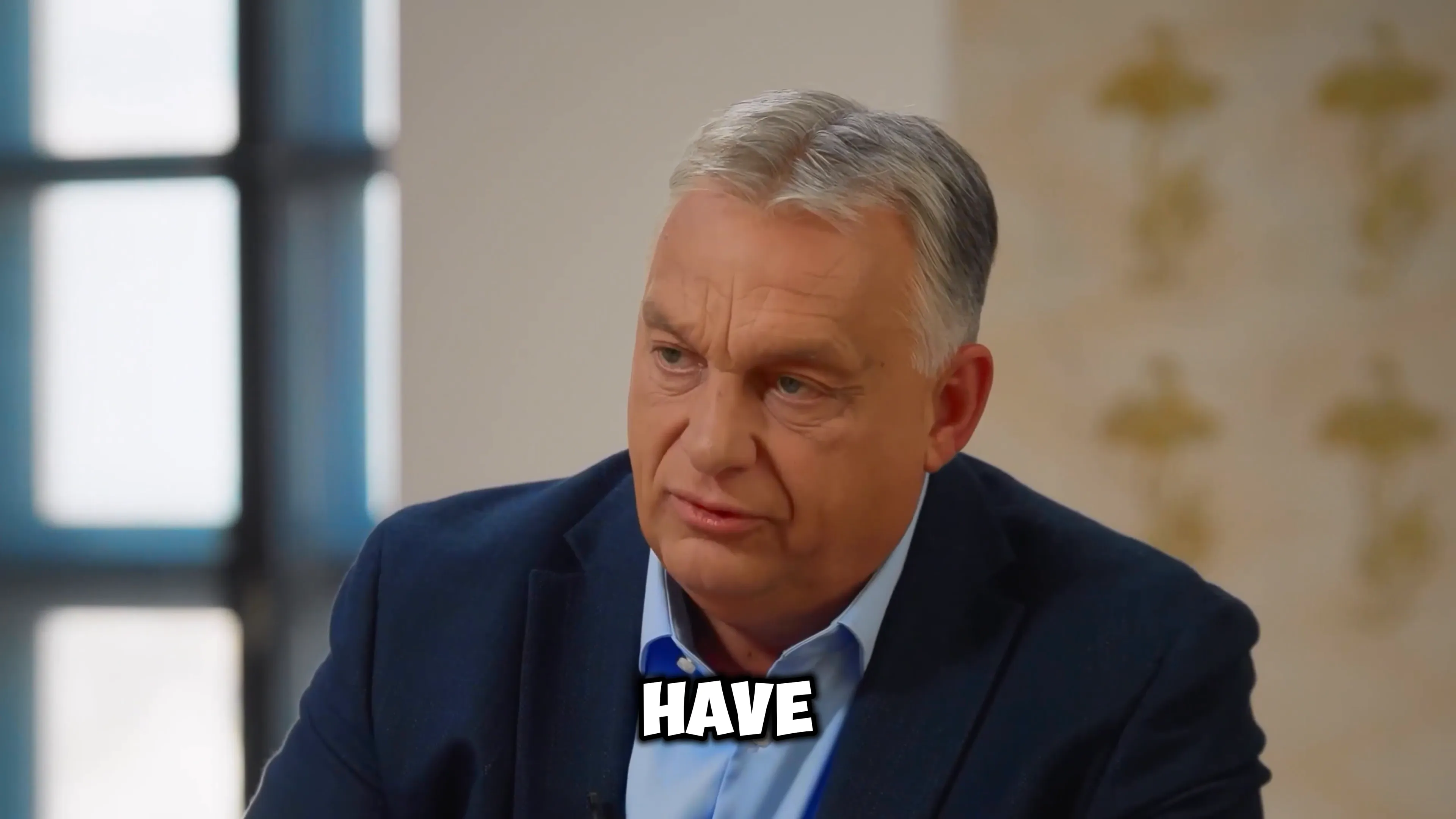
The Risks of Multicultural Experiments
Some European leaders confidently promoted multiculturalism as a guaranteed improvement. I asked them: where is the evidence? Their reply was that it is a matter of belief. I said: if you want to conduct that experiment, do so in your own country — do not force Hungary to join unless you can prove the outcome is better.
Hungary has never been a multicultural country; it has been a Christian nation with a living Christian community. We do not wish to erase our cultural identity by changing the composition of our society through mass migration. People can come to work under regulation, but this country belongs to the Christian Hungarians.

Domestic Achievements: Full Employment and Family Support
Not everyone supports every decision I have made, and there is always debate about economic policy. Nevertheless, Hungary has achieved concrete results: full employment and a robust family-support system, likely among the strongest in the world.
As Margaret Thatcher once observed, personal attacks often mean opponents cannot fault your policies. I accept criticism, but I stand by the policies that have produced tangible improvements for Hungarian families and workers.
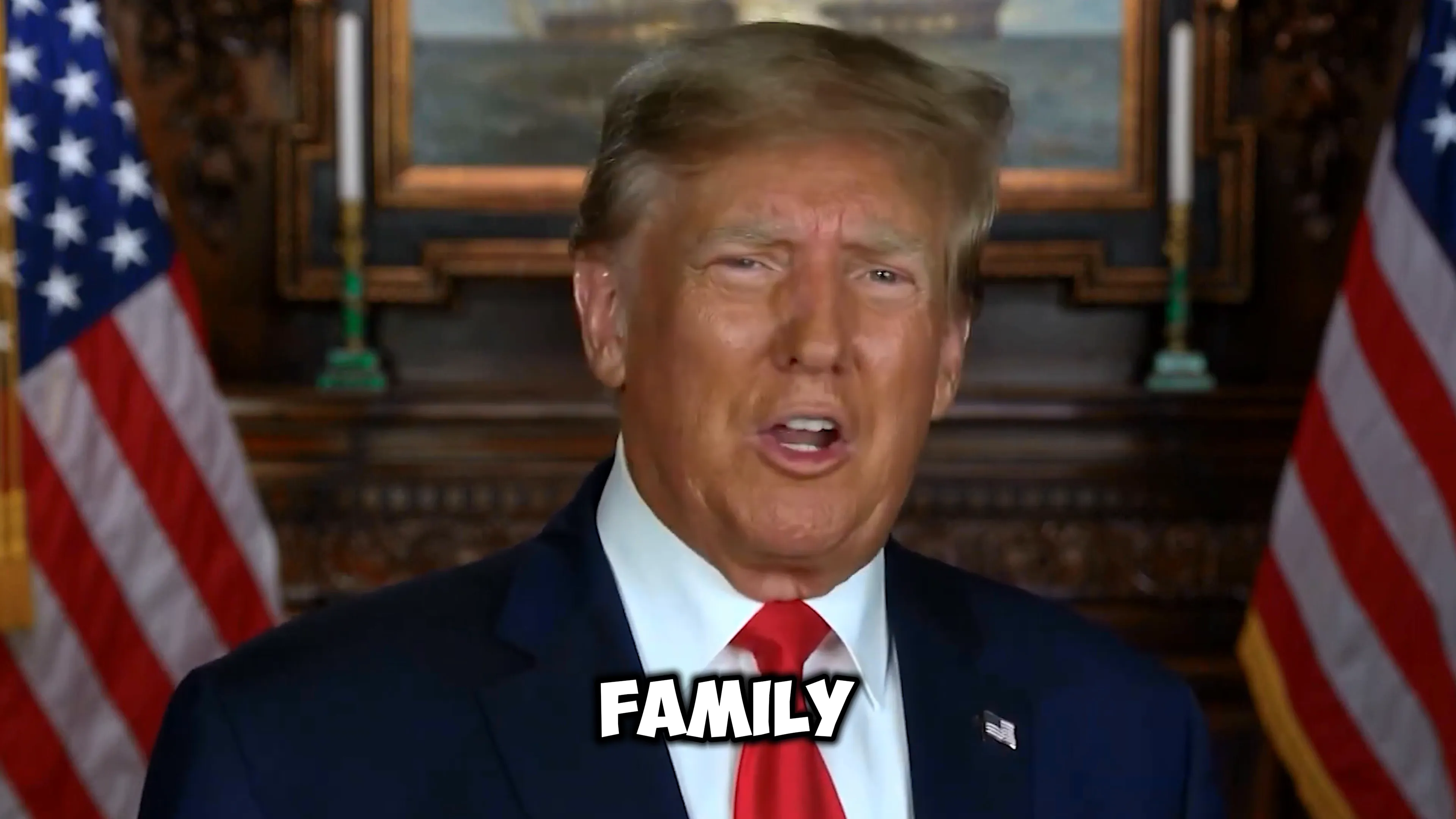
Donald Trump: Faith, Borders, and the Battle for Civilization
Former President Donald Trump expressed principles that resonate with our approach: faith, family, national borders, tradition, rule of law, and freedom of speech. He framed the current moment as a historic battle against Marxists, globalists, and forces seeking to erode our civilization.
“Together we believe that faith and family are the bedrock of a good and free society. We believe that a nation without borders is not a nation at all… These are the ideas that will save Western civilization.” — Donald Trump
I have acknowledged the role strong leadership like his played in halting the spread of a liberal-globalist agenda. Regardless of debates about policy, his mission to defend national identities and to pursue peace is vital for Europe and the world.
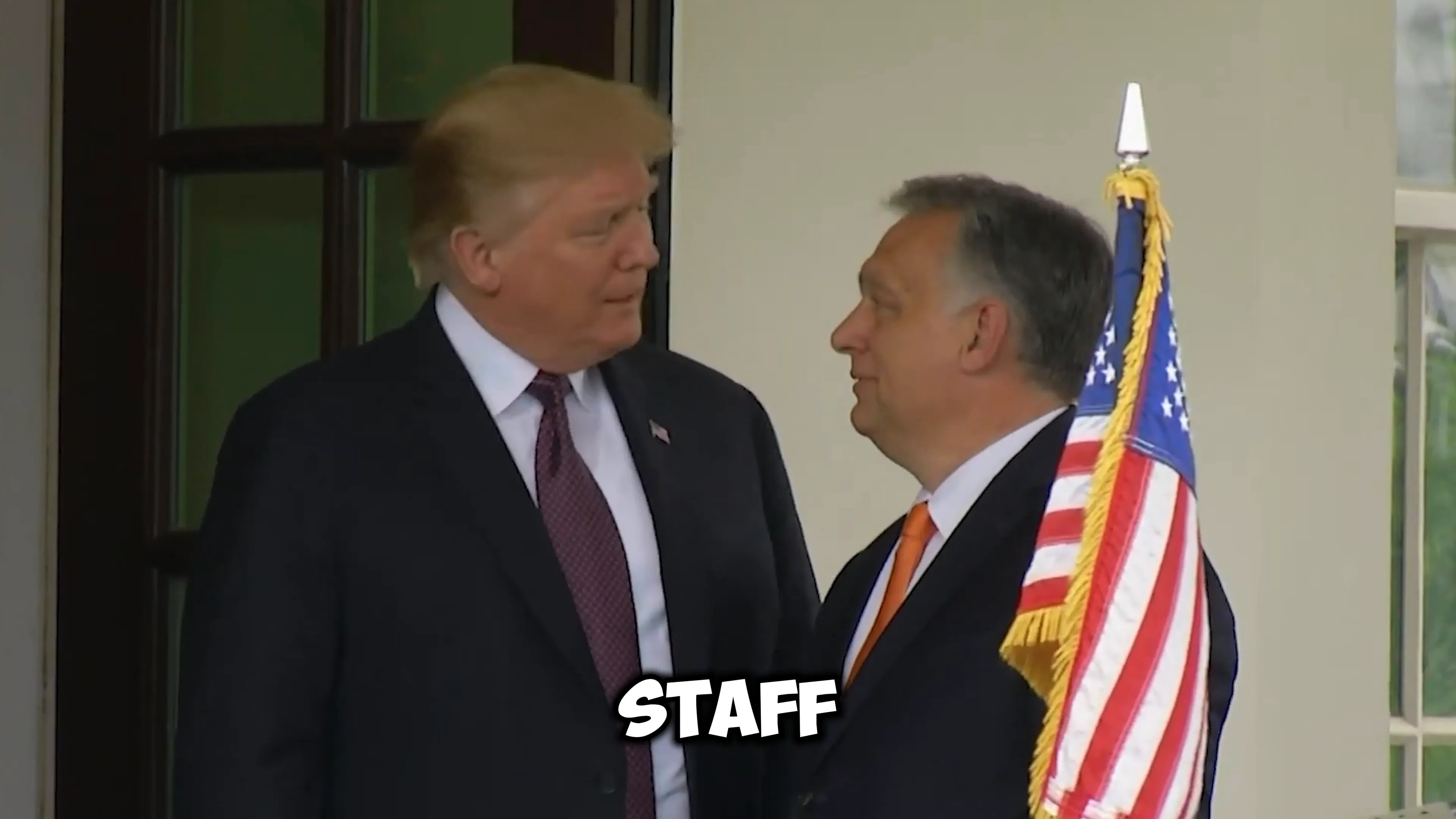
Conclusion: Sovereignty, Peace, and the Path Forward
Sovereignty is not a slogan — it is the practical right of nations to decide who they are and how they live. Hungary defended that right through firm border control, democratic consultation, and policies aimed at preserving cultural identity and social stability.
We face regional and global challenges: conflicts in Ukraine, tensions with Russia, instability in the Middle East. What we need are leaders and nations committed to generating peace while protecting their peoples. From Budapest, I ask citizens elsewhere to think carefully about sovereignty, identity, and the responsibilities of leadership in a dangerous world.
